Just because someone has mental health issues doesn’t mean that there are no consequences to their actions—that’s the message that artist Quill, aka LutroDraws, sent the world from his Twitter account. He believes that if you’re rude to someone or you hurt them while having a mental health episode, you should apologize.
Quill himself stated that his rant would most likely anger some people, but he was being honest about how others are allowed to be “done with” the people who are making their lives difficult. As could be expected, the artist got a lot of online hate for expressing his honest views. However, some internet users showed their support as well, stating that people with mental issues are not exempt from the consequences of their actions and ought to show consideration for the people around them, not just themselves.
If you plan to visit LutroDraws’ Twitter account, proceed with caution because some of the content posted there may be too graphic for you.
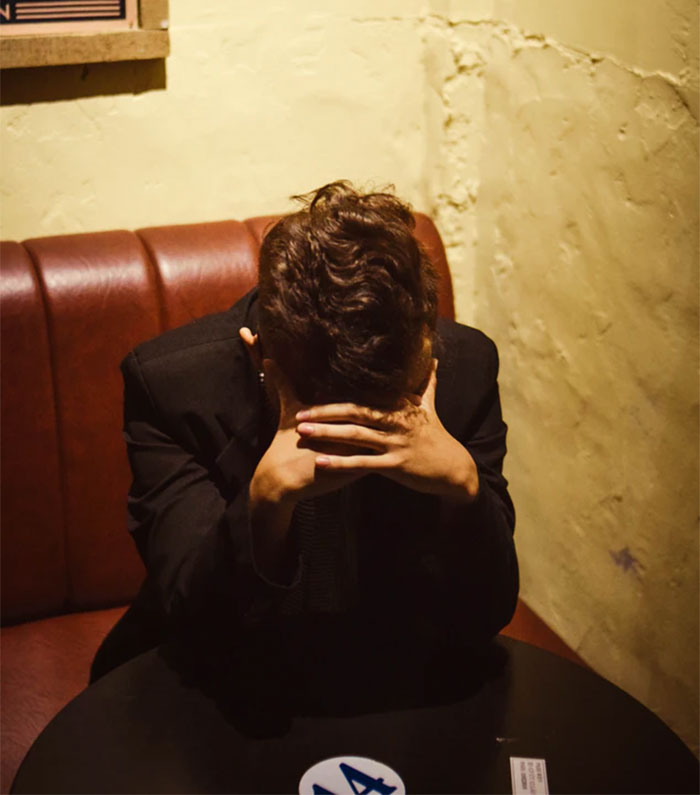
Image credits: Trần Toàn (not the actual photo)
One person posted an honest rant about mental health and split the internet community into two opposing sides

Image credits: LutroDraws
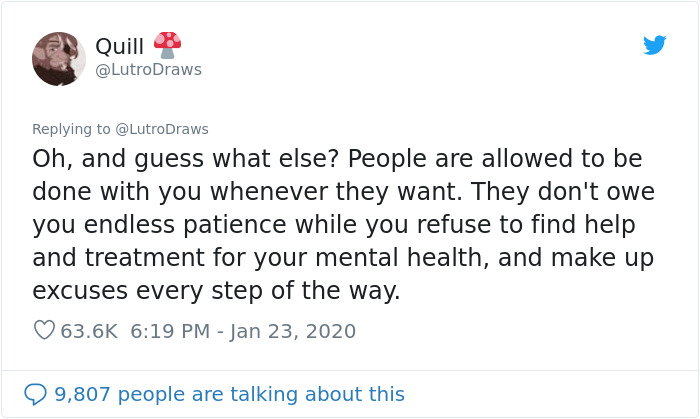
Image credits: LutroDraws
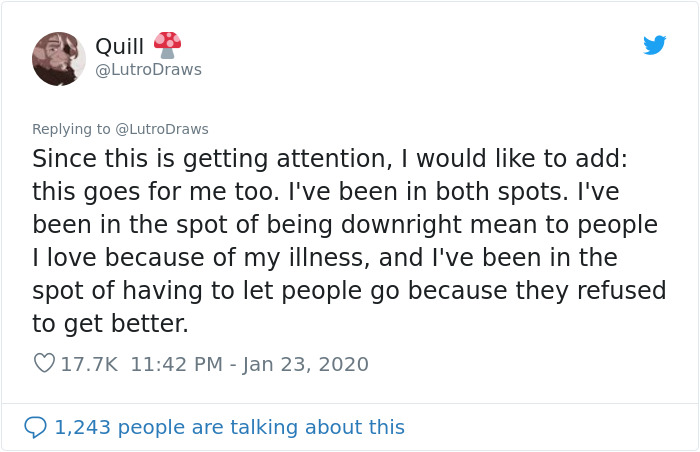
Image credits: LutroDraws
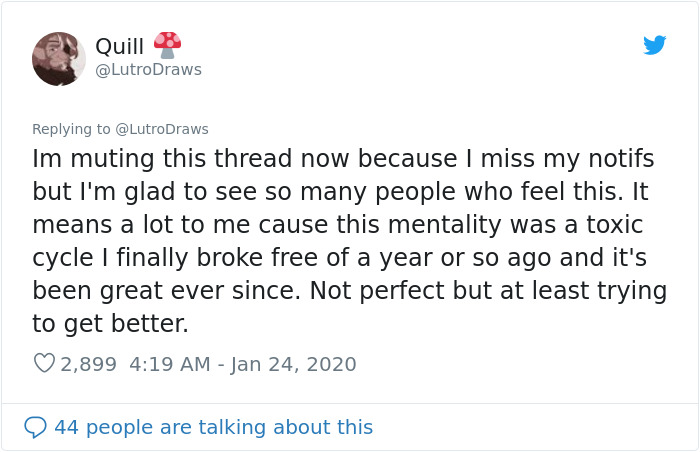
Image credits: LutroDraws
Some people agreed with the message…
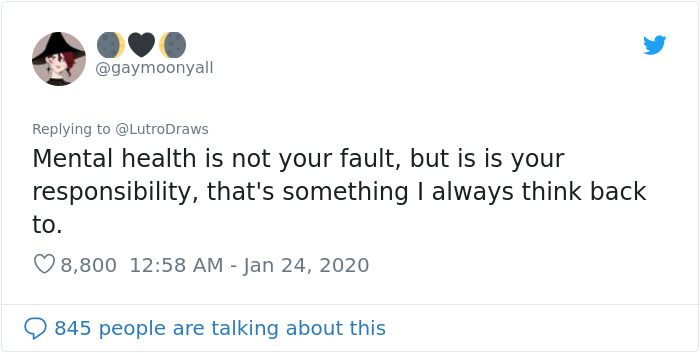
Image credits: gaymoonyall
…while some didn’t
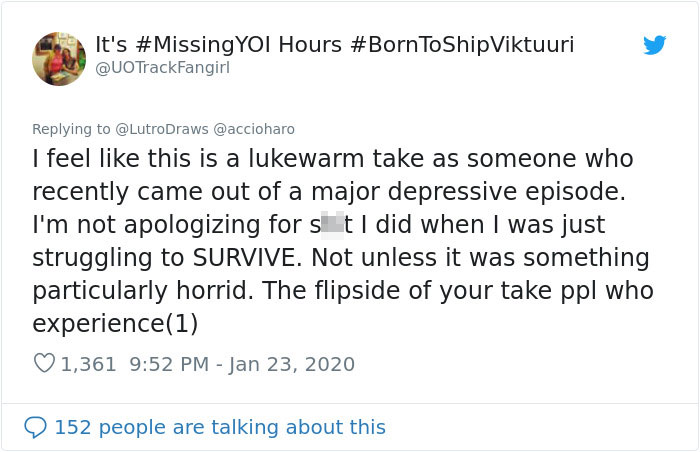
Image credits: UOTrackFangirl
Some Twitter users stated that Quill’s point of view is inherently wrong. According to them, individuals with mental health issues are struggling to survive and they feel enough guilt as it is without apologizing. Meanwhile, others pointed out that apologizing is the least you can do if you make your loved ones’ lives difficult when you abuse them emotionally. All in all, the net was split almost evenly between those who supported the rant and those who were against it.
Bored Panda spoke to Imgur user Komer, who got over 1.6k upvotes for their comment about Quill’s post. The Imgurian revealed that they suffer from depression and anxiety disorders themselves, and went into detail about mental health.
Here’s what Komer said about their first reaction to Quill’s post: “It was good to see this seeing the light. Often, people who are on the receiving end of someone’s poor behavior during a mental health episode feel guilty if they aren’t okay with the way they’re being treated. So it is important for people to receive some perspective that just because you have a mental health issue, it doesn’t give you a free pass to be unpleasant and it is important to be responsible for your actions no matter the cause.”
Komer said that “we can’t diminish other peoples suffering because we feel that our suffering is more important.”
“Compassion is about mutual respect for each other. If you constantly take and enforce yourself as a burden to other people, they will remove themselves from that position and that is perfectly acceptable.”
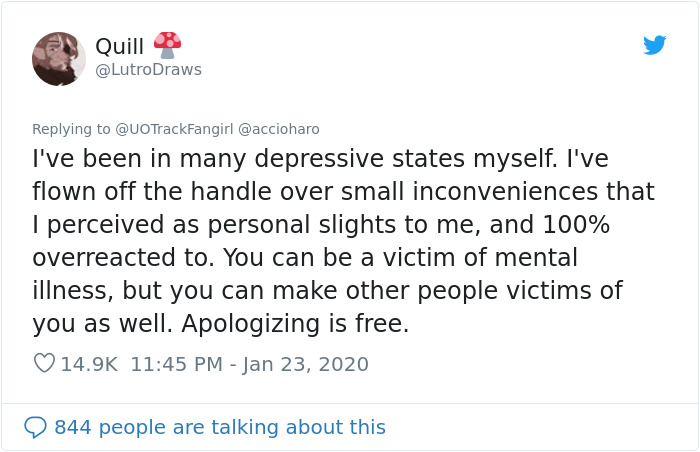
Image credits: LutroDraws
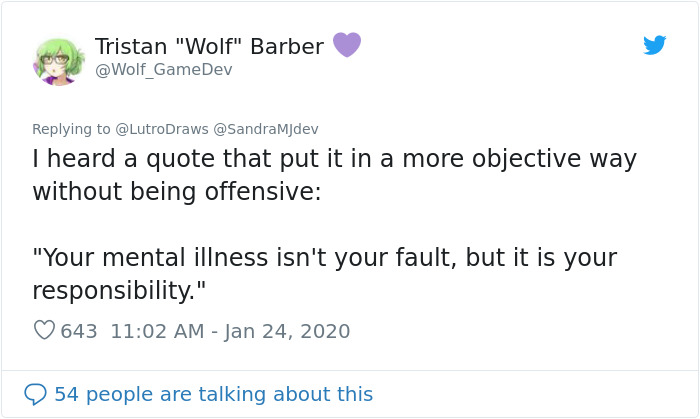
Image credits: Wolf_GameDev
According to Komer, the best way to apologize to someone for having wronged them is being honest. “You have to be honest to yourself first and accept responsibility for your behavior. Then you apologize and give thanks to them for their support. It is not an easy task, but it is important and it will help you heal and become better at coping, it will make it easier for people to help you, they will understand your suffering in a better light and strengthen your relationships.”
“As someone who suffers from severe depression and anxiety disorders, I know it is very easy to alienate people from your life and shut yourself down,” they added. “During these times, the people who care for you the most will always look to help you and you can accept that help but you must remember to treat them with respect, be honest about your feelings and emotions, and show your appreciation for their help.”
“It is never okay to use your health problems as an excuse to treat other people poorly, that is wrong and will only harm yourself as well.”
Some people rephrased the original poster’s idea to make it sound more friendly
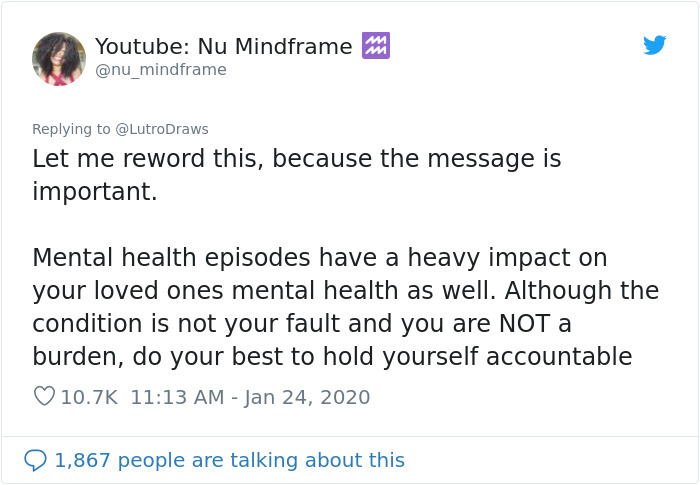
Image credits: nu_mindframe
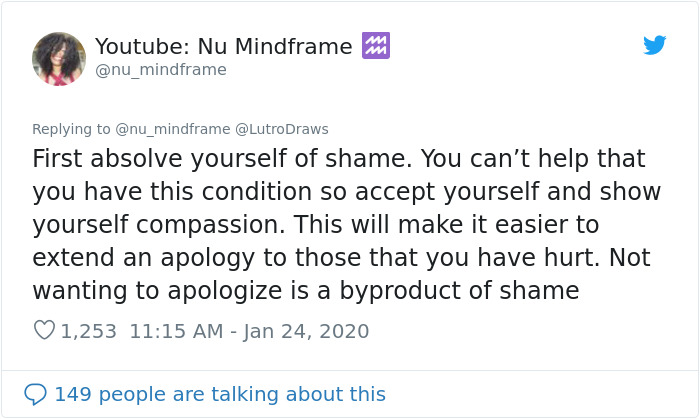
Image credits: nu_mindframe
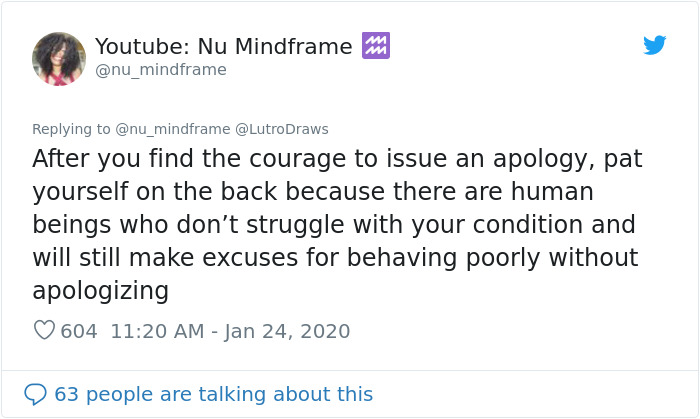
Image credits: nu_mindframe
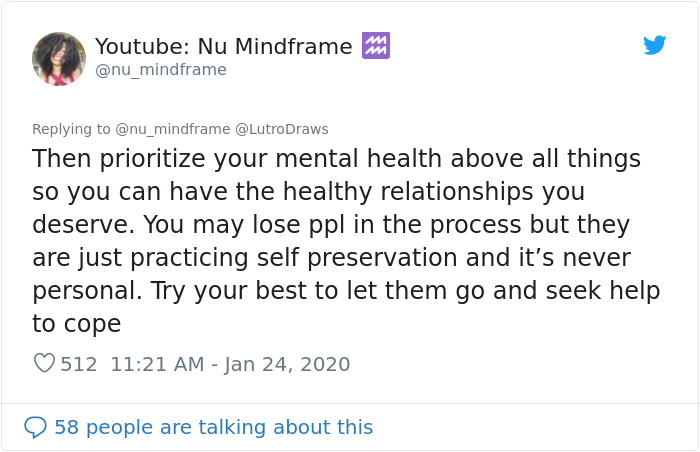
Image credits: nu_mindframe
Hope Mental Health explains that there is a difference between apologizing when you treat someone badly and apologizing for the symptoms of your illness. In the latter case, there’s no need to say “sorry.”
While Natasha Tracy says that warning people in advance that you might have a mental health episode and what might happen is a good way to avoid nasty surprises. After all, people are more likely to forgive you if they know what to expect. She also stresses the importance of counseling and therapy.
Dear Pandas, let us know what you thought of Quill’s rant about mental health in the comments. Do you agree with his position or do you think he’s wrong? We’d love to hear your arguments.
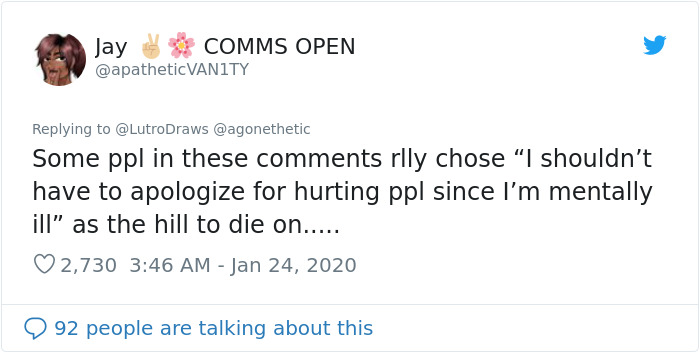
Image credits: apatheticVAN1TY
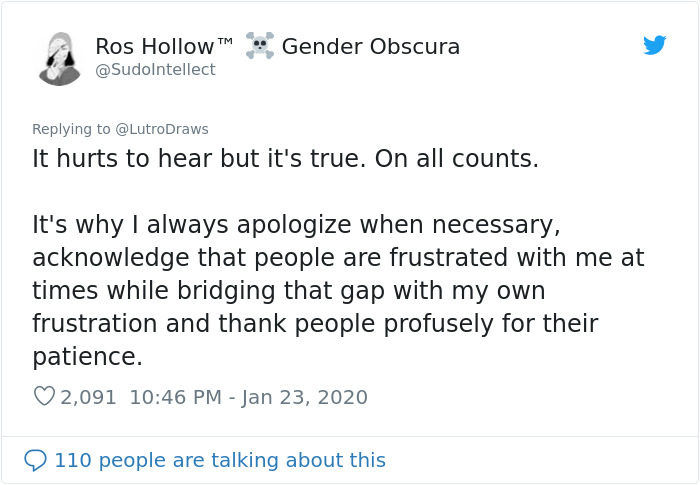
Image credits: SudoIntellect
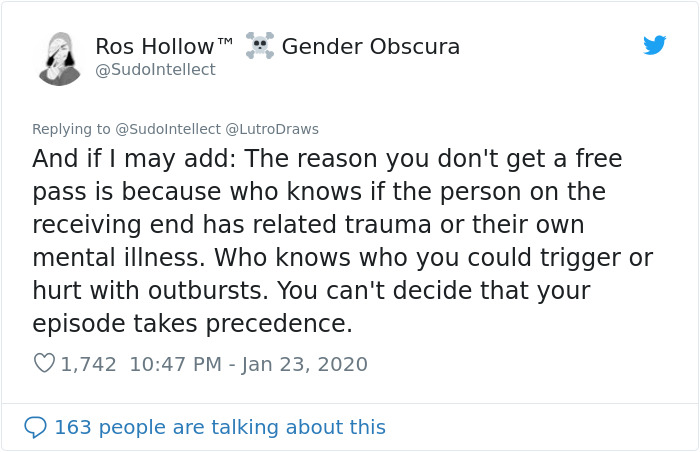
Image credits: SudoIntellect
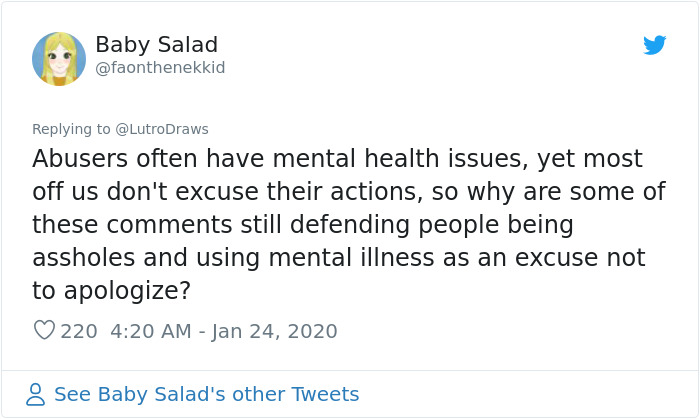
Image credits: faonthenekkid

Image credits: OrcwardBound
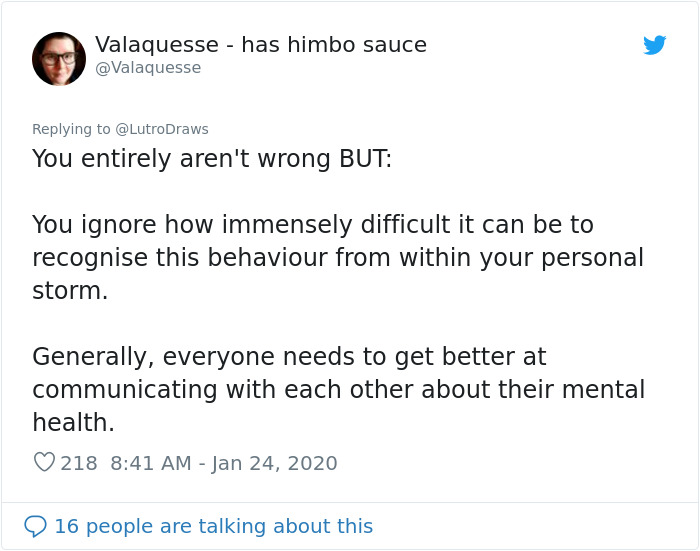
Image credits: Valaquesse
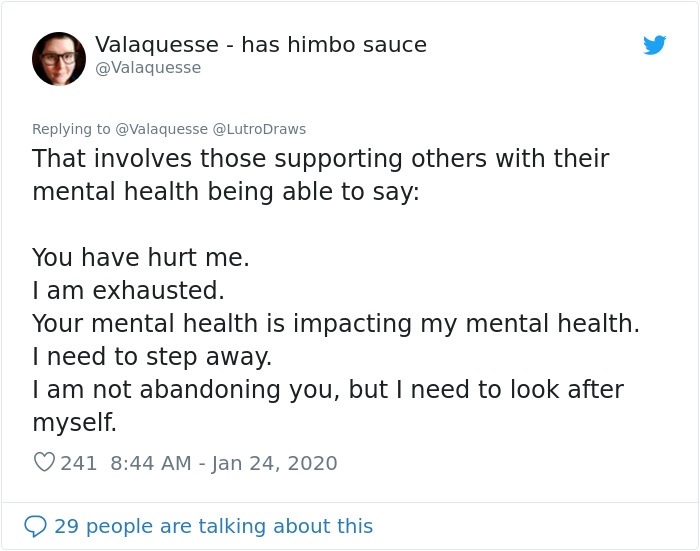
Image credits: Valaquesse
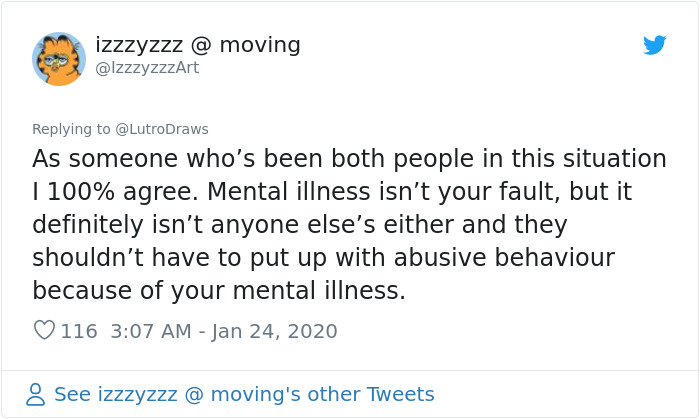
Image credits: IzzzyzzzArt
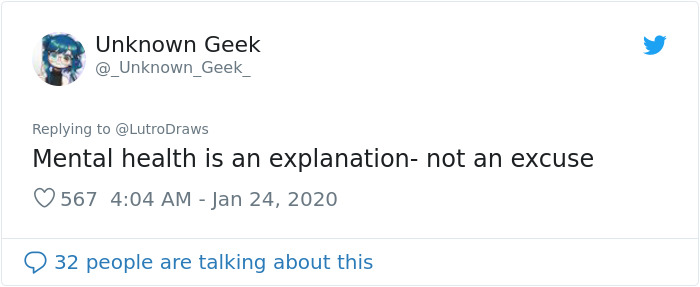
Image credits: _Unknown_Geek_
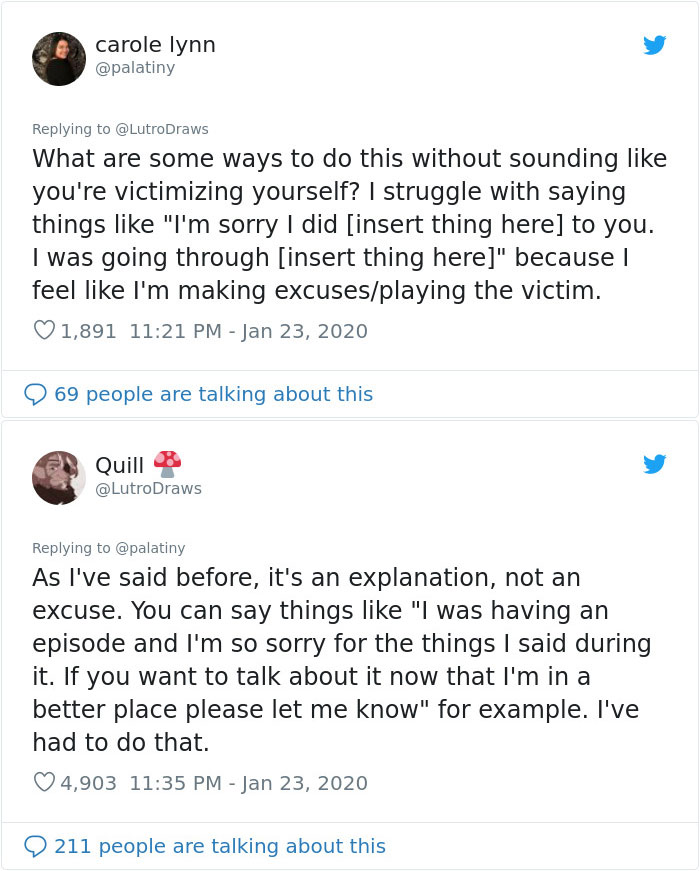
Image credits: palatiny
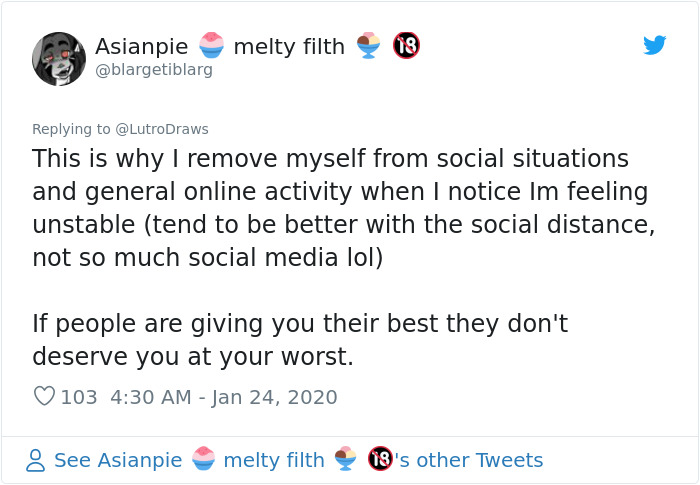
Image credits: blargetiblarg
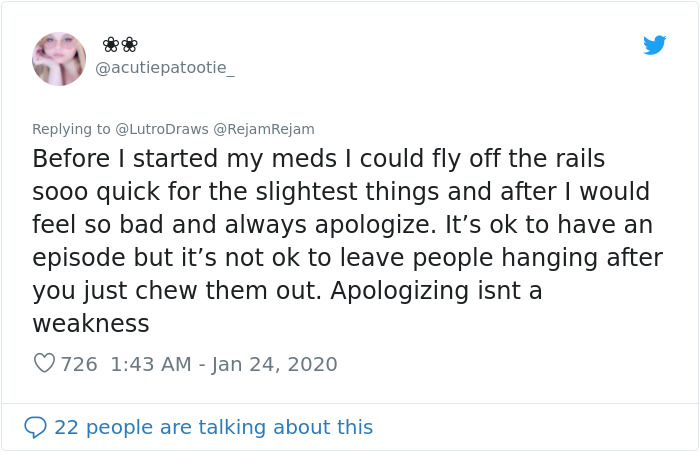
Image credits: acutiepatootie_
from Bored Panda http://bit.ly/374ZU0H
via Boredpanda